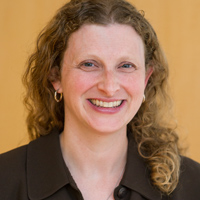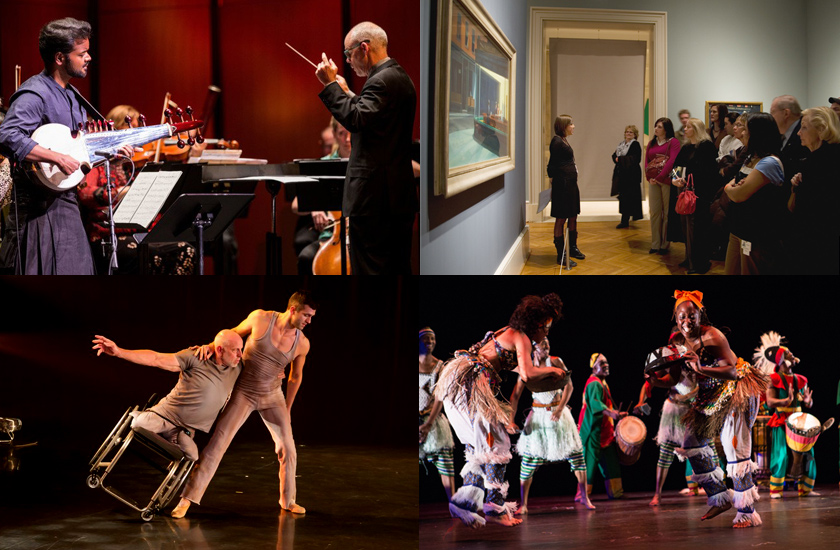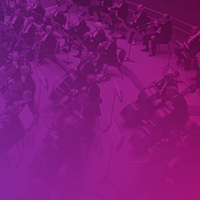
Chicago Commitment Senior Program Officer Cate Fox shares what MacArthur heard from artists, arts leaders, and creative individuals when we asked, “Whose voices are missing? What are they saying?”
The arts can change minds and evoke empathy. The arts can shift the peripheral to the mainstream, “them” to “us,” and make the political personal.
Neuroscience tells us that the desire to create art and engage with aesthetics is hardwired in our brains. Almost certainly, humans felt the centrality of art in their lives long before there were words to express it. On cave walls and in tombs, our human ancestors mapped stories, explained values, and recorded their histories with pictures and symbols.
Today, those artistic expressions take many forms. While we tend to think of art as existing in formal settings, such as paintings in a gallery or a play on a stage, its reach is much wider and more inclusive.
Think of the street artists who paint messages and images in our public spaces, local artists who create work that is shared at block parties, or the high school student making and sharing music on social media. If we take an expansive view of what we consider as art and creative expression, there are no creative deserts. This is a beautiful and challenging thought in a world that trains us to ascribe certain values to formal expressions and certain (lesser) values to informal expressions of creativity.

MacArthur has supported the arts for four decades. It is one of ways we fulfill our civic commitment to our hometown, Chicago. Through direct awards and partnerships with the Prince Charitable Trusts and the Richard H. Driehaus Foundation, MacArthur provides general operating support to more than 300 theaters, dance companies, music organizations, film and media groups, museums, zoos, and conservatories. All the arts organizations MacArthur supports are engaged in some combination of performance, education, community building, and exhibition.
In light of our Foundation’s commitment to justice, we began asking, “Whose voices are missing? What are they saying?” We asked these questions of artists, arts leaders, arts advocates, and individuals interested in the arts. We listened, we learned, and now we would like to share with you the themes we heard:
- Art develops identity and human potential.
- Art is a social process.
- Art amplifies voices—but many artists’ voices are unheard.
- Art contributes to inclusive economies and vital communities.
- Structural challenges exist.
The feedback from generous artists, arts leaders, and creative individuals is shaping our journey. As we integrate these insights and ideas into our work, we remain deeply committed to multi-year general operating support for organizations of all sizes. We look forward to sharing what is working, where we face challenges, and how we continue to respond to what we hear and learn.




